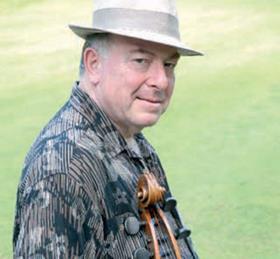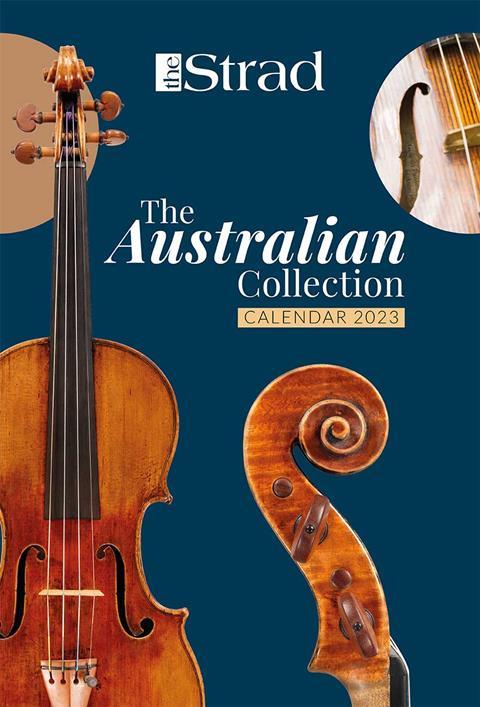The cellist of the Lindsay and Dante Quartets shares some observations from his chamber music career

Discover more Featured Stories like this in The Strad Playing Hub
This was first published in the December 2010 issue of The Strad
The greatest thing a string player can do is play in quartets because the repertoire is so fantastic.
Everyone has a pre-concert ritual. Some people lock themselves away, but I like to do the opposite. I like to feel as if I’m already communicating with the audience by mixing with them in the throng. That is my form of relaxation.
A quartet goes through three stages. The first is a ‘cloning’ stage where the quartet members each play everything in the same way that the others do. The second stage is where a lot of groups start breaking up – they start rebelling against this ‘cloning’ urge. The third stage is the one to aim for. I call it ‘synchronised individuality’.
Quartet playing, to do it at its best, is a way of life. Unfortunately, one’s personal life tends to suffer as a result.
The one thing that disappoints me about classical music is the almost total lack of opportunity for improvisation. It’s strange when you think that all the great composers improvised in concert.
Recordings are dangerous because one tends to go for an artificial perfection that’s pretty much note-perfect. To overemphasise the need for perfection at the expense of musical communication is a mistake when recording.
There is a lot of comedy, lightness, dance and song in a lot of music that could otherwise seem quite grim.
This was first published in the December 2010 issue of The Strad
Read: Book review: A Quintessential Quartet: The Story of the Lindsay String Quartet
Read: Ronald Birks, second violinist of the Lindsay Quartet, has died
Read: Quartet identity: Alchemy of the souls
Read more Featured Stories like this in The Strad Playing Hub
The number one source for playing and teaching books, guides, CDs, calendars and back issues of the magazine.
In The Best of Technique you’ll discover the top playing tips of the world’s leading string players and teachers. It’s packed full of exercises for students, plus examples from the standard repertoire to show you how to integrate the technique into your playing.
The Strad’s Masterclass series brings together the finest string players with some of the greatest string works ever written. Always one of our most popular sections, Masterclass has been an invaluable aid to aspiring soloists, chamber musicians and string teachers since the 1990s.
This year’s calendar celebrates the top instruments played by members of the Australian Chamber Orchestra, Melbourne Symphony, Australian String Quartet and some of the country’s greatest soloists.














































No comments yet